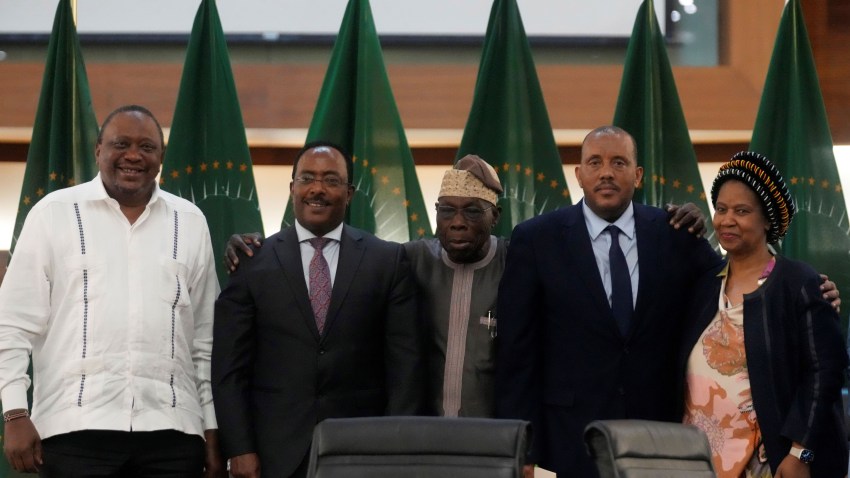When the world was still reeling from the initial impact of the COVID-19 pandemic, many outside observers were understandably caught off-guard by the speed with which tensions in Ethiopia escalated to high-intensity warfare in November 2020. Relations between powerbrokers in the Tigray region that had dominated Ethiopian politics for decades and the rival factions around Prime Minister Abiy Ahmed that displaced them in 2018 had clearly been deteriorating. Nonetheless, the rapidity with which these disagreements led to open battle involving hundreds of thousands of troops on both sides shocked observers in and outside the Horn of Africa.
Even as both sides in Ethiopia implement the first steps of a peace accord that has for now silenced the guns, the war’s impact can now be seen in regional and international responses to other conflicts in Africa, such as the resurgence of fighting between the Congolese military and the M23 militia in eastern Congo since October. That could presage deep changes in how the West engages with African security issues, and the distribution of roles between regional and international actors in addressing them.
The roots of both these conflicts can be traced back to the collapse of the USSR and China’s shift to a market economy in the early 1990s, which rapidly upended Cold War assumptions. The rivalries that have emerged between TPLF powerbrokers and rising politicians with Amharan and Omoro backgrounds such as Abiy have their origins in tensions over the TPLF’s role in the insurgency that ultimately overthrew the Soviet-backed Derg regime in 1991. Disagreements between Tigray’s leaders and armed groups from Eritrea—then a part of Ethiopia—during the decade-long insurgency subsequently led to a war between Ethiopia and independent Eritrea in the late 1990s that also left a toxic legacy.

